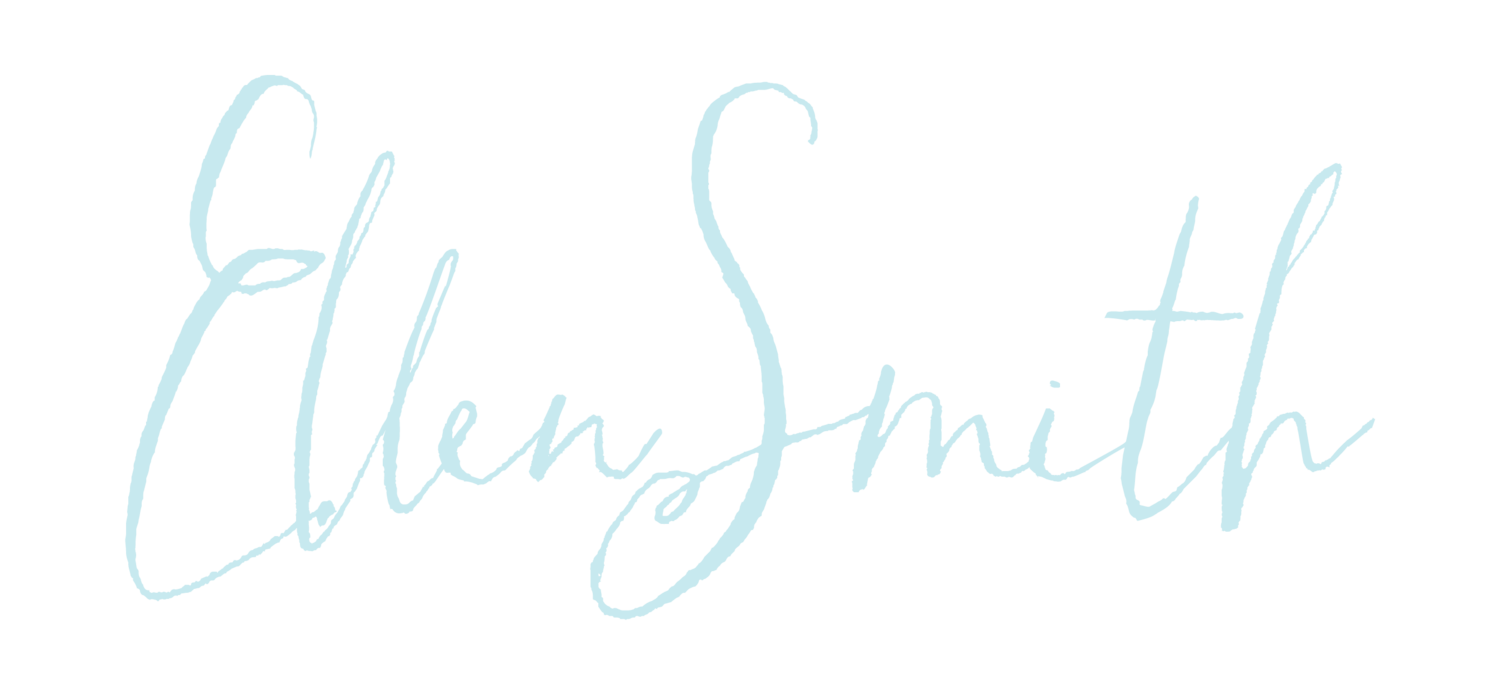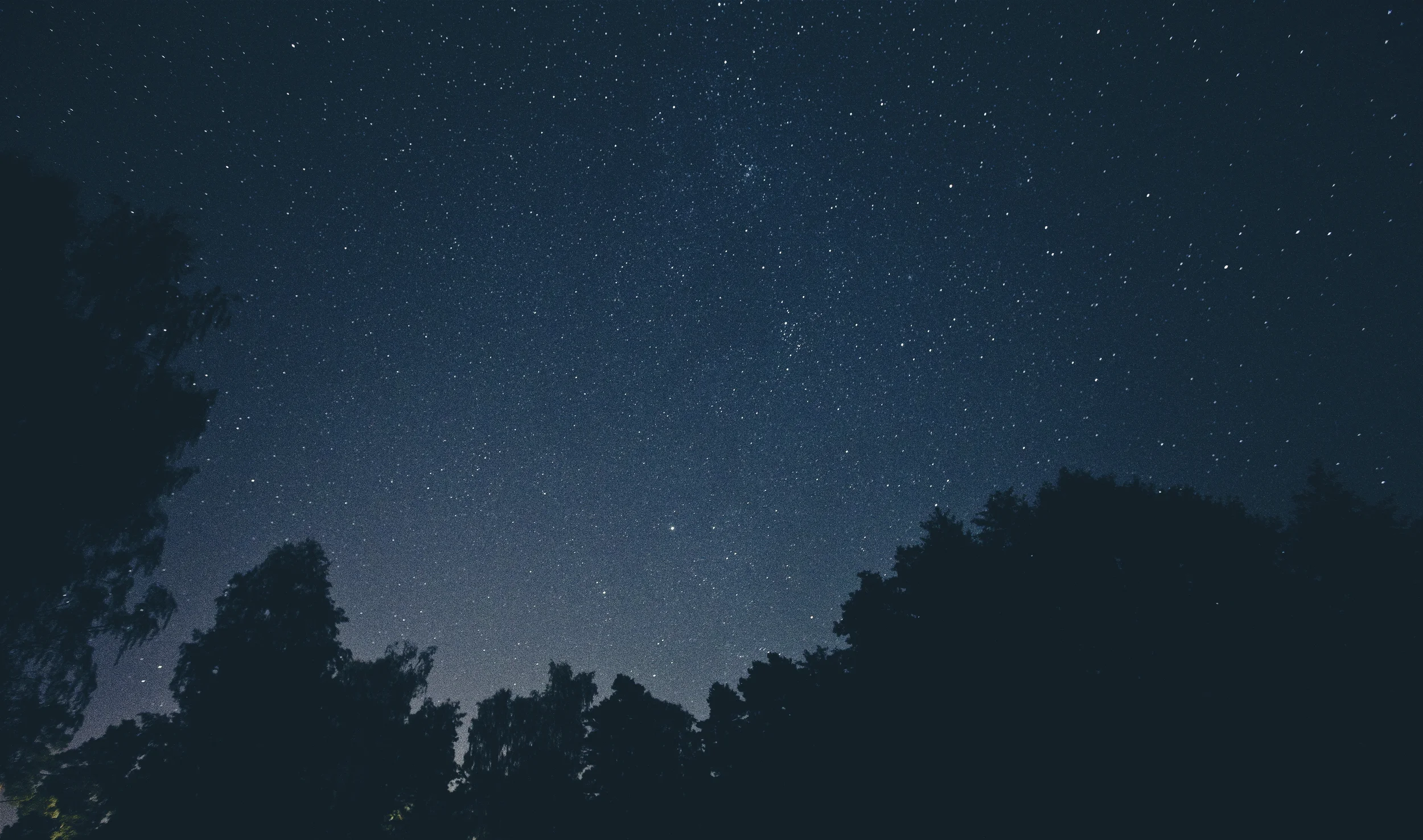Why am I still waiting for this play to make sense?
I have read Waiting for Godot twice. The first time was over fifteen years ago, when Samuel Beckett’s play was required reading for literature class. I remember that it was the shortest assignment and the one I spent the most time on. I read it again a year later, when I ran across it in another literature textbook. I hadn’t understood a word of this play the first time around and yet I couldn’t stop myself from reading it again.
This play bothers me in the good way that literature is supposed to bother me. I still don’t quite understand Beckett’s work, but I want to. I find myself thinking of his hapless characters, Didi and Gogo, at the oddest times. When I’m folding laundry. Waiting for an oil change at the dealership. When I wake up for the third time in one night and automatically reach for my phone to check the election results. The results are still too close to call.
“Godot is not God,” I recall my professor saying. My diploma has been framed and dusty for over a decade now and I’m still thinking about this class discussion. The play is not a theatrical crisis of faith, it’s a statement about existentialism. No wonder it pops into my mind when I’m folding laundry. How very 21st century of me: a work-at-home mother having an existential crisis over housework. Didn’t I just wash this load of towels?
“We always find something, eh Didi, to let us think we exist?”
― Samuel Beckett, Waiting for Godot
It is now three days after the 2020 election. I’m trying to cut down on how often I check my phone for updates. The same six states are hanging in the balance. They will be for days, I tell myself. Weeks. It’s so close, there’s definitely going to be a recount. Probably several.
I check my phone again anyway.
In March, I refreshed the website that tracked coronavirus cases on the hour. I don’t know when I stopped. June, maybe? Whenever it was that I stopped comparing our locked-down life to normal life. When I pulled my trusty daily organizer out of my purse and realized that I hadn’t even looked at it for weeks. After I stopped telling myself that this was temporary, that soon things would be back to the way they were.
Godot is not hope, I tell myself. That feels right. Didi and Gogo, these two foolish characters that have bothered me for years, must have had hope already to be able to wait and wait and wait by the tree for the Godot that never came. Hope makes people do a lot of stupid things.
Back to the election. The numbers are so, so close. It feels almost reassuring, like the election results must be accurate since the votes are so evenly split. The electoral map is a red and blue rebuke for how divided our United States have become.
Photo by Clay Banks on Unsplash
Godot is peace. I like that, but I feel like I’m still missing something. Why did Didi and Gogo need peace in their lives so badly? Did they want to accept the strange reality they found themselves in? Or were they just worn down from trying to understand, ready to accept anything if it meant an end to their everlasting waiting?
I don’t want that to be my life. If this ever-present anxiety is the price of counting every vote, of treasuring every life and every healthcare worker risking theirs, then I can wait. Was that what Beckett meant? Is there a purpose to waiting beyond the hoped-for reward — a way of honoring the bizarre world we find ourselves in by trying to understand instead of giving in to acceptance?
The list of what I don’t know looms large and grows larger every day. I don’t know when the pandemic will end or when the votes will be counted or how many times they’ll be recounted before a president is declared. I don’t know what Samuel Beckett’s play means or why I can’t stop thinking about it years later. I don’t know why I’m still waiting for Godot. I only know that I am.
Originally published on Medium.com on November 6, 2020. Follow me on Medium: https://ellensmithwrite.medium.com/



